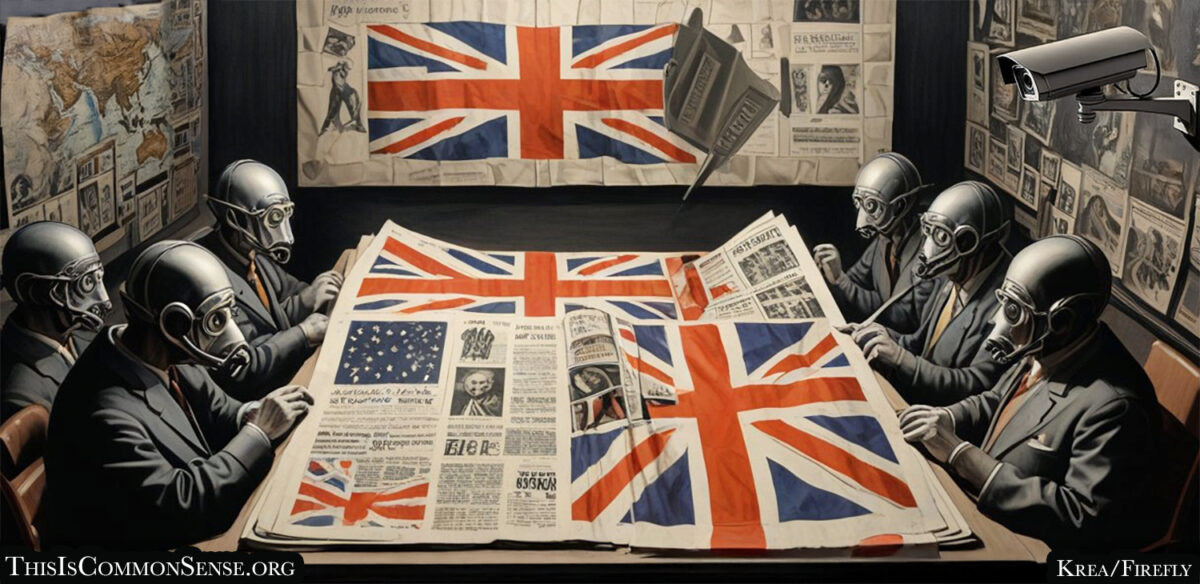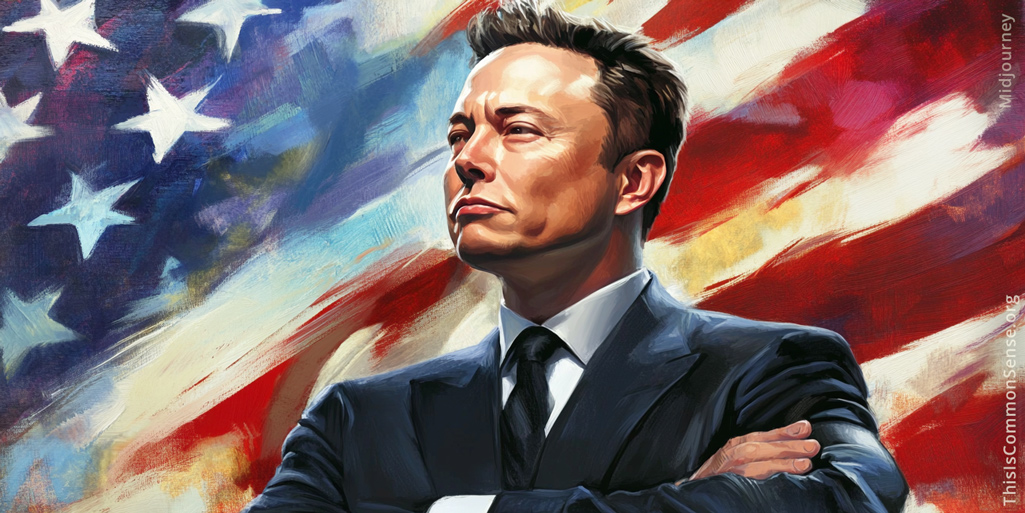It can’t govern itself. But the UK, eager to govern the United States, is trying to impose fines on the loose-talk website 4Chan for ignoring British censorship demands.
Preston Byrne, a lawyer representing 4Chan, has responded to UK regulator Ofcom’s attempt to impose the fines — more than $26,000 to start — with instructions to get lost.
Ofcom Enforcement Czar Suzanne Cater says that this fine “sends a clear message that any service which flagrantly fails to engage with Ofcom and their duties under the Online Safety Act can expect to face robust enforcement action.”
How robust, though?
Byrne: “4chan’s constitutional rights remain completely unaffected by this foreign e‑mail. 4chan will obey UK censorship laws when pigs fly. In the meantime, there’s litigation pending in DC. Ofcom hasn’t yet answered.…
“That fine will never be enforced in the USA. The UK is welcome to try to enforce it in an American court if they disagree.”
The Trump administration has stressed its opposition to the UK’s global-censorship agenda. So what is going on here?
It appears that when some people over-zealously seek to dominate others, the weaker they are the more desperate — and in their desperation they become more belligerent. Since the United Kingdom is in no position to launch an invasion of the United States in order to force us … well, they might just shut up already.
Britain’s leadership is in disarray. The country is very weak — a least, unless it teams up with a more powerful country, like China. Which is what the UK indeed seems to be doing.
This is Common Sense. I’m Paul Jacob.
Illustration created with Krea and Firefly
See all recent commentary
(simplified and organized)
See recent popular posts









